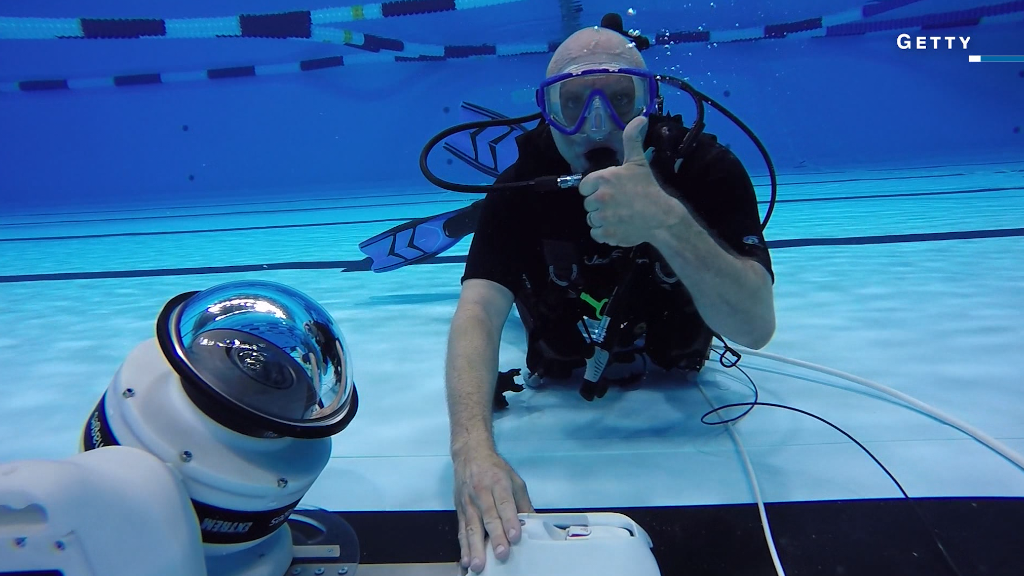
Alana Nichols is competing at her fifth Paralympics. She's earned gold medals in both the winter and summer Games in alpine skiing and basketball.
At the Rio Paralympics, which start Sept. 7, she'll be competing in sprint kayaking, the third Olympic spot she's participated in.
Nichols has done all this while dealing with the aftermath of a spinal cord injury that left her in a wheelchair.
Related: Congrats you won a gold medal. Now here's your tax bill.
For all her hard work though, Nichols' medals are worth less than those of Olympians. That's because Paralympians get only $5,000 from the U.S. Olympic Committee for winning gold. Olympians get $25,000 for their gold medals.
Silver medals are worth $15,000 for Olympians, while Paralympians only get $3,000. Bronze medals are worth $10,000 for Olympians and $2,000 for Paralympians.
"It's not unlike equality for women in the workforce -- it's not fair," Nichols said in an interview with CNNMoney. "A woman can do the same job as a man and get paid less. That's what happening with Paralympians and it's not fair -- we're competing just as hard with less of our bodies."
Nichols also pointed out that training to compete in the Paralympics can also be more expensive than training for the traditional games because athletes need adaptive equipment.
The specially-equipped monoski, wheelchair and kayak Nichols uses each cost about $7,000.
Related: Only 12% of tickets to Rio Paralympics have been sold
Paralympians also are at a financial disadvantage because they have a harder time attracting sponsors.
"There isn't nearly the same amount of TV coverage that Olympians get," Nichols said. "It wasn't until 2010 that I got my first sponsorship deal when I became the first American woman to win gold in both the summer and winter Paralympics."
Nichols currently partners with The Hartford and is sponsored by Deloitte, Nike (NKE) and Visa (V). Nichols is also the only Paralympian to be sponsored by AT&T (T) as part of its fanmate program, which lets fans follow their favorite athletes by watching exclusive videos.
Through partnerships like the one with AT&T, she's been able to grow her brand and connect with fans, which can help her once she retires.
Nichols, who has taken up surfing, said she plans to retire after Rio -- unless surfing gets added to the 2020 Tokyo Paralympics.
